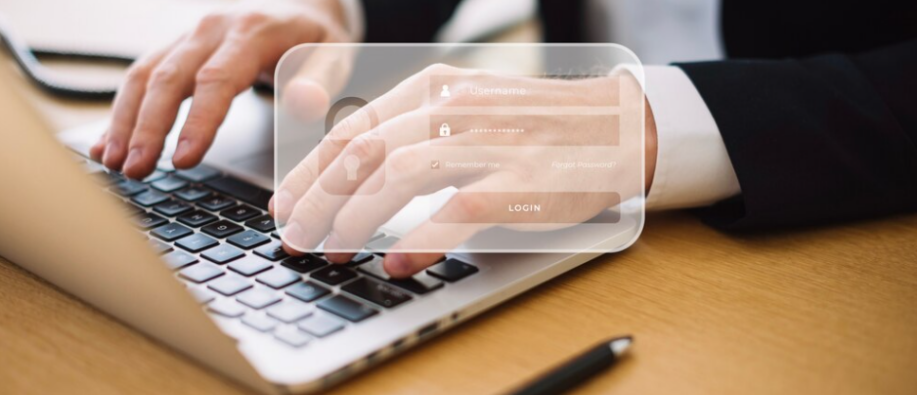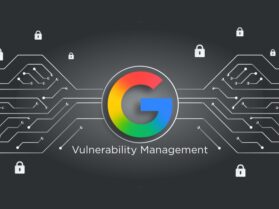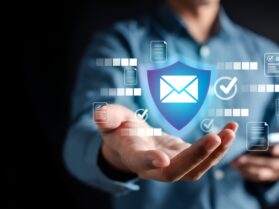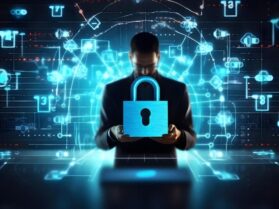In today’s digital world, you pay bills online, shop online, communicate, and do much more. There are no bounds to how the online world is transforming. While reaping its benefits, one must be aware to protect the digital identity. It’s the representation of who you are online. This includes your name, email, browsing history, social media accounts, and other accounts you may have.
The alarming point is your digital identity may be at risk, as potential hackers could steal your personal information for malicious or financial purposes. This can lead to identity theft, financial fraud, or reputation damage. According to recent stats around 33% of the total Americans have been the victim of identity thefts.
To protect your digital identity, being mindful while sharing information online is paramount, as every single action can put your digital presence at risk. Lately, FTC has received 5.7 million of the total identity and fraud reports.
Plus, it wreaks havoc on your personal and professional life. Great news is? Eliminating problems isn’t a big task. Here are some of the effective ways of safeguarding your digital identity online.
Why Digital Identity is Important?
Digital identity is highly important, considering the growing number of cyber threats. Implementing the best digital identity protection methods can help to keep you away from potential fraud. Take an example of an ID card – that you don’t want to get stolen, as it helps to grant access wherever required and verifies your identity.
Ways to Protect Your Digital Identity
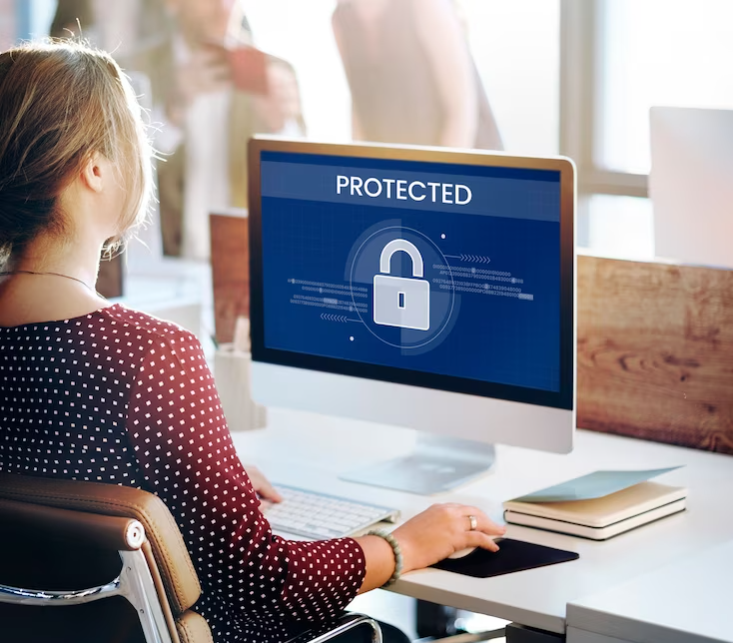
Here are some of the top ways to protect your digital identity:
Use Social Media Safely & Wisely
Social media is the entry point for identity thefts or hackers. They can impersonate your social accounts. So, ensure you do not share all your personal details, such as your full name, DOB, account number, or any other. One of the intellectual things to remember is that the less information you share publicly, the safer your digital identity will be.
Strong Passwords
The easiest way to protect your digital identity online is by using strong passwords. Avoid passwords that can be easily cracked or decoded, for example, name or DOB. Identity thieves can quickly access these passwords and steal your crucial information. Include uppercase letters, lowercase letters, numbers, or symbols of 12 or more than 14 characters. Additionally, don’t share passwords with anyone.
Multi-Factor Authentication
Multi-factor authentication adds an extra layer of security to your accounts. You must complete two or more verification steps to log in—for example, a code sent to your email or mobile phone. This way, the request is denied even if the hackers try to access your account.
Beware of Phishing Attacks
Phishing is all about tricking the users. You often receive texts and messages from sites that look legitimate, further asking your personal information. Avoid clicking on malicious email links or downloading files from unknown sources.
Here are a few tips to help you recognize the phishing scams:
- The email is from an address you can’t recognize
- The message has typo errors
Regularly Backup Your Data
If you store your important data on your computer device, make sure to back it up on the cloud storage. This way, you don’t have to worry in case of data loss, or your device being hacked by malicious software. Cloud storage is the safest and best option to store all your data, rather than simply relying on a device for data storage.
Antivirus Softwares
Antivirus software is a strong shield to protect your device from malware, phishing, and other attacks. Even though this software doesn’t guarantee providing 100% security, it can go a long way in preventing your digital identity.
Wrapping it Up
Safeguarding your digital identity is the need of the hour! Thinking wisely before you deal in the online realm can help you avoid the mishappenings that lie ahead. By following the best ways listed above, you can overcome security challenges and maintain a strong digital identity. To keep you updated with such insightful information, read through blogs and enter the new era of a secure world.

